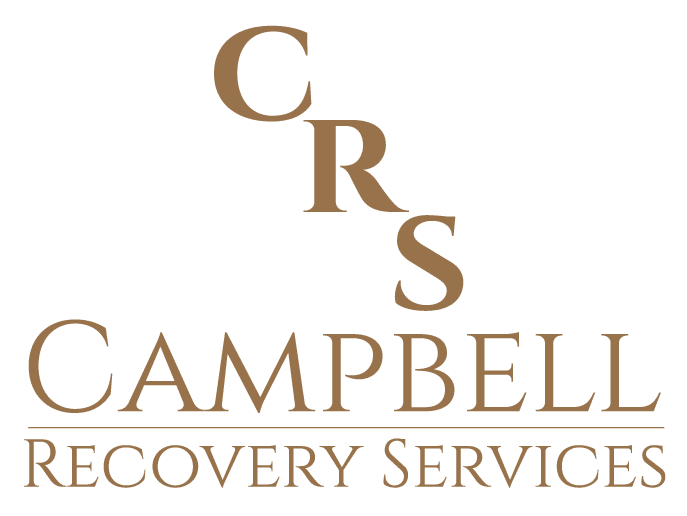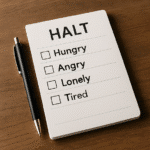Structure and routine are key components during the process of early recovery. Setting a healthy routine and sticking to it makes it less likely that you will fall back to your old, destructive lifestyle after treatment. The early stages of recovery allow you the opportunity to establish a new normal, from everyday routines to hobbies and the people that you surround yourself with. By moving away from your previous life, you can develop a routine that you can rely on and stick to for the long-term.
Structure Works to Prevent Boredom, Keeping You Substance Free
Maintaining a structured life during these early stages of recovery can help to reduce the boredom and free time that can lead to a relapse to drugs or alcohol. When your day is filled with the necessities, from exercise and work to hobbies and spending time with family, you are less likely to veer from your recovery. Developing a strict schedule will keep your body and brain busy, reducing the boredom that can often lead to a lapse in recovery.
Ensuring that you adhere to a structured life can also help to improve your physical well-being. From starting a regular exercise routine to making sure that you get adequate sleep each night, living a structured life can improve your overall health and wellbeing. These positive changes and sticking to them as a routine can also have an effect on your mental health, keeping anxiety and depression at bay. Both of these are big factors that can cause recovering addicts to relapse.
What Should Your Early Recovery Schedule Look Like
While the daily structure will look different for everyone, focusing on some of the most important factors to keep you healthy and feeling great are critical during these precarious stages. This includes ensuring that you get enough sleep, setting an appropriate bedtime and getting up in the morning on a routine when your body has had enough sleep to feel rested. Setting an exercise schedule can also go a long way to establishing these healthy routines. Making sure that you feel good physically can also help your mental state, keeping you on a sober path. Try to maintain a structure of healthy eating to keep these gains to your physical health.
Another important part of structure in these early recovery days is finding the support that you need for your addiction. This may mean attending regular group meetings or therapy sessions. Keeping on a regular schedule for this support can make a big difference in your long-term sobriety.
Don’t forget to spend time doing things you enjoy also. While this can be structured into your day, it can still provide plenty of opportunity for fun. This may be spending planned time with friends and family, enjoying a hobby or activity, or volunteering in your community.
To give yourself the best shot at long-term sobriety during these early stages, work with your counselor, family, or friends to develop a routine that will keep you on the straight and narrow. This will keep your brain and body busy during this more vulnerable time, giving you the best chance of remaining substance free.





